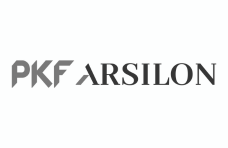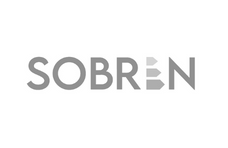- - CNRS, Institut de Biologie Structurale (IBS), Grenoble [Project Developer]
- - CNRS, Institut de Biologie Intégrative de la Cellule (I2BC), Gif-sur-Yvette
- - CNRS, Laboratoire de Microbiologie et Génétique Moléculaires (LMGM), Toulouse
- - Ifremer, Laboratoire de Microbiologie des Environnements Extrêmes (LM2E), Brest
PROTE-IN Linking proteasome function and RNA quality control
Defects in ribosomes increase due to stress and are associated with the ageing process and with many diseases. Understanding how cells get rid of defective ribosomes is a major challenge in fundamental biology and biomedicine.
The PROTE-IN project is tackling this key issue using a marine prokaryotic archaea model which possesses systems for controlling the quality of eukaryotic-type proteins and RNAs.
The project will describe the physiological role, structures and mode of action of the different agents in a new system that is involved in regulating the archaeal proteasome and that directs the proteasome towards the ribosome to ensure quality control of the translational machinery.
The PROTE-IN project proposes to establish a new concept for a better understanding of how living organisms adapt to extreme environments and of the processes involved in ensuring the integrity and dynamics of cellular RNA-protein complexes.
The project is based on sound preliminary data and pilot experiments. It will combine advanced genetics and interactomics tools and integrative structural biology approaches to work on reconstructed and indigenous archaeal complexes.




































